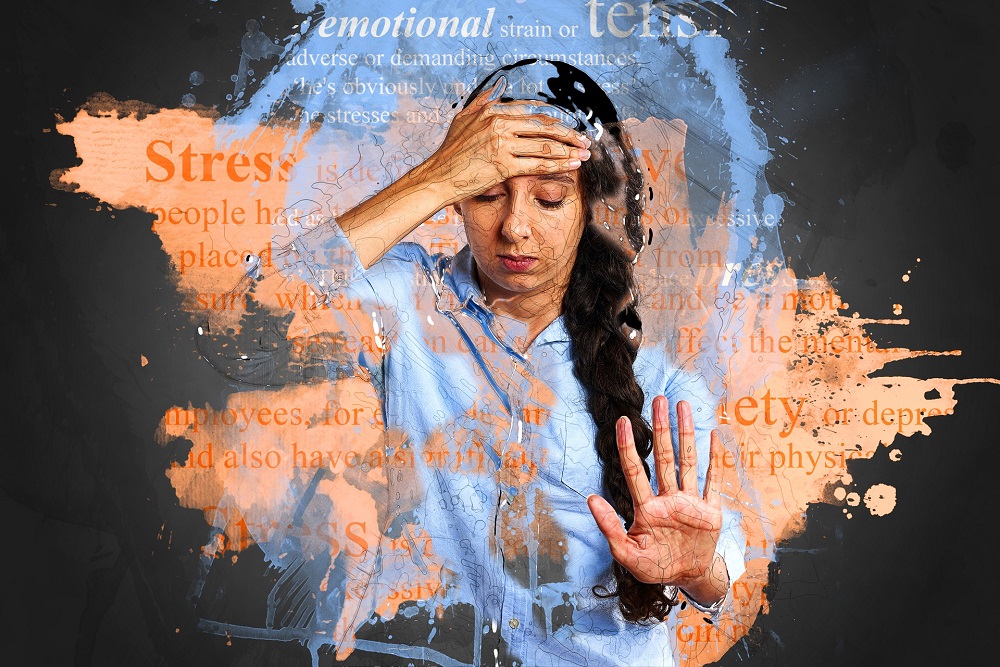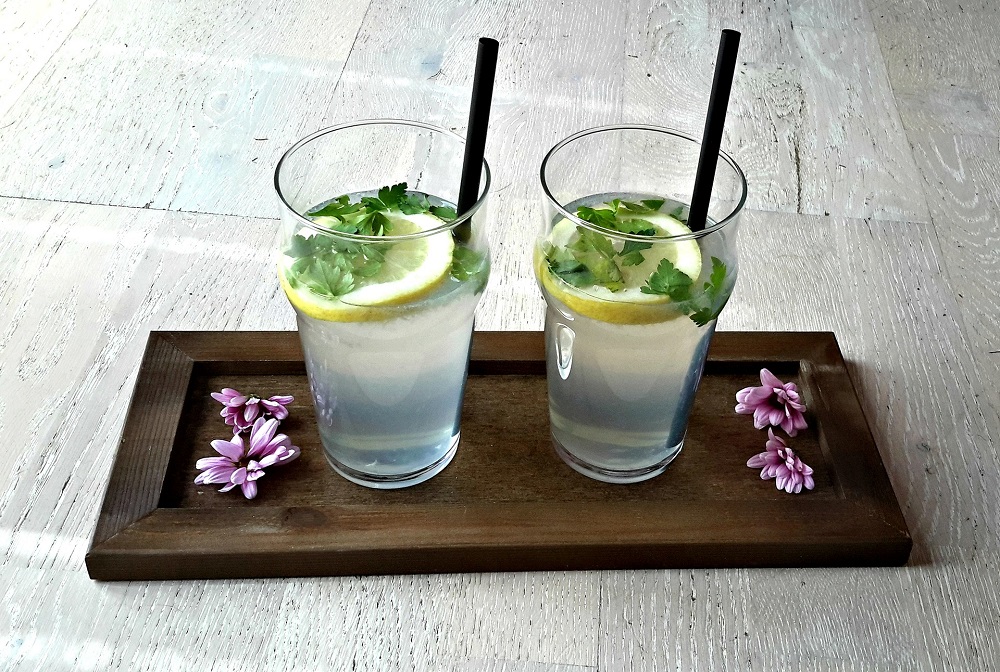
We live in a universe of energy and that energy makes up our bodies and our surroundings. Since energy is neither created nor destroyed, our cells may hold memories from that energy. Those memories can be passed on from generation to generation, which could explain how someone can feel a certain way about something without having an event to relate those feelings to.
In 2013, a study was conducted in which female mice were exposed to a scent that caused pain. The mice associated that scent with fear of pain. A few weeks later, those female mice were bred. The babies were exposed to that same scent without exposure to any pain, and the babies still expressed fear of that scent (1). This is called epigenetics.
Epigenetics may extend to our life experiences and interactions. When you have certain a stressor or a happy time in your life, certain genes are turned on or off. These genes may be able to control your risk of heart disease, cancer, or mental illness. Even though we technically cannot change our genetic makeup, we can do our best to regulate which genes are turned on or off through our thoughts and actions. This can play a huge role in our health. On a physical level, for example, eating less processed foods may turn off genes that are related to heart disease and diabetes.
Scientists have tried to study the subject of epigenetics with mixed results. What has happened in their life that may be affecting their health today? The scientific reasoning behind certain genes being expressed is very subjective to the individual. We know epigenetics exists, but still have much to learn about the subject.

Everyone goes through difficult times at different points in their lives. Epigenetics may or may not express certain genes due to those life experiences, but during those difficult times it is important to remember to be mindful. Not to dwell on the past or to worry about the future. When we stress our adrenal glands put out extra cortisol, the stress hormone, to help us deal with the situation. Under chronic stress the excess cortisol may be associated with fatigue, hormone imbalance, and inability to lose weight. In order to better cope with the amount of stress we experience, it is essential to put mindfulness into our daily practice.

A study done by Japanese researcher Masaru Emoto showed that human consciousness might change the molecular structure of water. Water crystals were studied microscopically by giving good thoughts to a jar of water and bad thoughts to another jar of water. The water with the good thoughts had clear, well-formed crystals, whereas negative intentions created unclear and misshapen crystals. There’s a saying “a smile is contagious.” Our bodies are made up of 70% percent water and the way we think about and talk to each other and ourselves may affect our health. If we take mindful practice into the water we drink, the food we eat, and how we treat ourselves can make a difference on how we feel.

Meditation is one way to add a mindfulness practice into your life. It can be as simple as doing breathing exercises a couple of times a day. Yoga, exercise, affirmations, and mindful eating all have benefits to our overall health. Mindful eating is slowing down to be present with and appreciating the food you are eating rather than stuffing your face as you run out the door. Mindfulness is a good practice to have on a daily basis as you can share the practice with others and improve your own well being.
Start by adding a few small changes in your daily routine and you will notice a difference. Remember that every day will not be the same and doing your best is what is most important!
Monica ǀ WHEN Health Advisor®
References:
Diaz, Brain G. Parental Olfactory Experience Influences Behavior and Neural Structure in Subsequent Generations. Nature Neuroscience 17, 89-96 (2014). https://www.nature.com/articles/nn.3594.epdf?referrer_access_token=-bgZAzCPqzEzyFc0DGSv3NRgN0jAjWel9jnR3ZoTv0MLhU4y4LZkONbbyIJwg8aP9Yf18nvSTNjxiPZHfGDxEx2Gdd9yUB2uAMZgyHDu_-JM06Dob1-j3MRWvAocrkey6V0pX236N7jzb9-INMXO_tQjaketgPiMRBqYQ5zpzHuBZigW0DilXcQh-P2uy1ZLH9jP0hqX2JfoajO_GVT8QQXnHoVH-ghmygCku_1h4Kg9l2ou3ZDS6PO1cRZvQG4VINt4hmtoDe0B7hpZ88nFRq17Au2pLhvnPnZqUhKrwF4xiistGBbu33CK6CaDzMzl2eYOF-QqeWHkdVzN8KEt6PIARlKQK_lnzODQ2VuwU6UiILwk7CLLTTDT-hELz2-5rBzK6e-ODQKnV0Qcv-ITUzZDzz1odxn4ZwyMzBzs7L0-BGizHhCN5fKiZijCT5P9&tracking_referrer=www.washingtonpost.com
Emoto, Masuru.